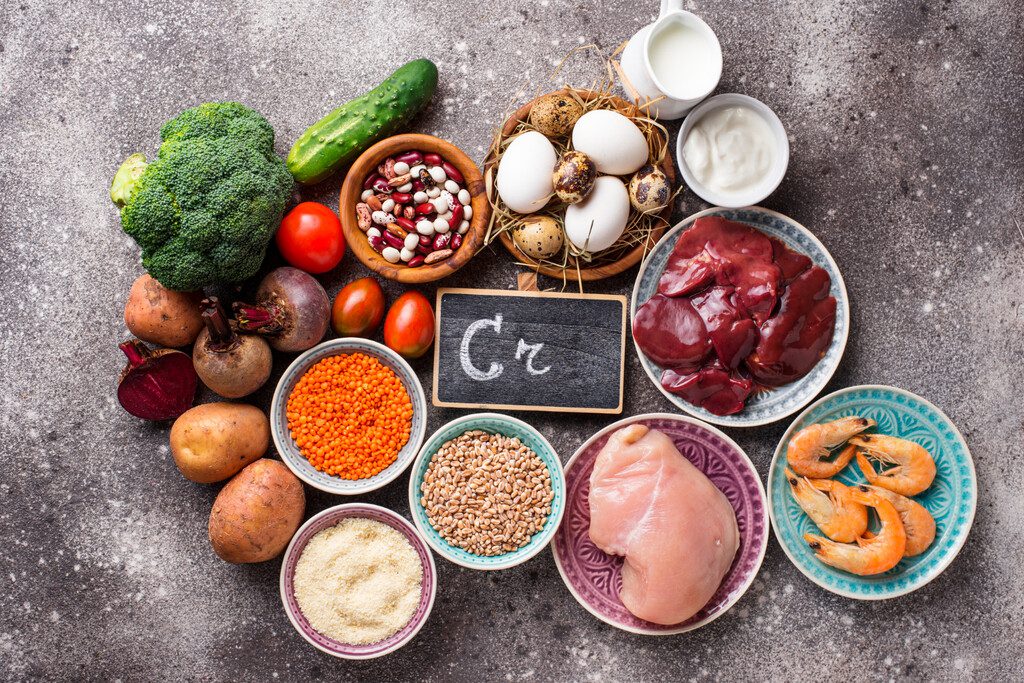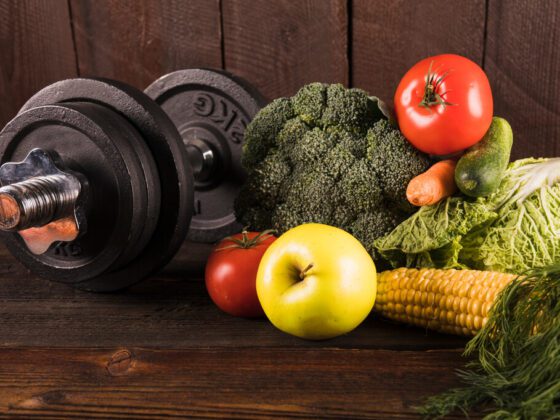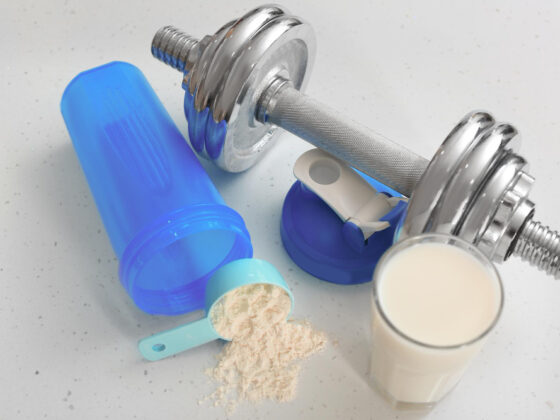Table of Contents Show
✍️ AI is summarizing:
Calcium is essential for strong bones and teeth, nerve function, and muscle contraction. While many associate calcium with dairy, the debate surrounding the best calcium sources—plant-based versus animal-based—is intensifying. Understanding which foods offer more calcium and their associated health benefits empowers informed dietary choices.
Related post:
- The DIY Electrolyte Drink to Make For The Heat
- Eating Healthy Outdoor Meals Without Cooking
- The Best Food for Long Runs: Optimize Your Performance
Excellent plant-based calcium sources

For those following a plant-based diet, concern over calcium intake is common. Fortunately, many plant foods are surprisingly rich in this vital mineral. Here are some of the best sources:
- Dark leafy greens: Kale, collard, and bok choy are excellent calcium sources. For example, one cup of cooked collard greens provides about 266 mg of calcium, kale offers around 100 mg, and bok choy contains about 158 mg per cup. However, not all leafy greens are created equal as calcium sources; some, like spinach, contain oxalates, which hinder calcium absorption. Greens with lower oxalate levels, such as kale and bok choy, offer better calcium bioavailability.
- Fortified plant-based milks: Many almond and soy milk brands are fortified with calcium, often providing between 300 and 450 mg per cup—more than cow’s milk. This makes fortified plant milk a great alternative for those avoiding dairy.
- Tofu and tempeh: Both are derived from soybeans and can be excellent calcium sources. Calcium-set tofu can contain up to 350 mg of calcium per 100-gram serving, while tempeh offers around 100 mg per cup.
- Seeds and nuts: Chia seeds and flaxseeds are nutrient-dense options, with one tablespoon of chia seeds containing about 76 mg of calcium and flaxseeds providing 26 mg. Almonds are also noteworthy, offering 264 mg of calcium in a 100-gram serving.
- Figs and broccoli:Dried figs and broccoli are excellent examples of plant-based calcium sources. A cup of dried figs provides approximately 241 mg of calcium, making them a delicious and convenient option. While broccoli contributes a smaller amount (around 62 mg per cooked cup), it remains a valuable source due to its richness in other essential nutrients.
Animal-based calcium sources

While animal-based foods are often associated with calcium, the levels can vary significantly:
- Dairy products: Dairy remains the most recognized source of calcium, with cow’s milk containing roughly 300 mg per cup. Cheese can range from 200 to 500 mg per serving, and yogurt typically has about 400 mg per cup. However, not everyone can tolerate dairy due to lactose intolerance or allergies.
- Fish: Certain fish, particularly those with edible bones like sardines and canned salmon, are good calcium sources. A 100-gram serving of canned sardines can provide about 380 mg of calcium, while canned salmon offers roughly 232 mg.
- Eggs and meat: Eggs contain minimal calcium (about 25 mg per large egg), and red meat and poultry offer negligible amounts (less than 10 mg per 100 grams). Thus, they are not reliable sources of calcium.
The calcium sources showdown: Which wins?

When comparing plant-based and animal-based calcium sources, plant foods generally offer higher calcium levels, particularly dark leafy greens, fortified products, and seeds. Dairy products also provide significant amounts of calcium, but they come with a higher saturated fat content and may not be suitable for everyone.
Moreover, plant-based sources often come with additional health benefits, such as lower saturated fat, higher fiber content, and an abundance of vitamins and antioxidants. This makes a plant-rich diet not only beneficial for calcium intake but also advantageous for overall health.
Conclusion
In the calcium showdown, plant-based foods frequently emerge as superior calcium sources, offering greater nutrient density and overall health benefits. Individuals can easily meet their calcium requirements by incorporating a diverse range of calcium-rich plant foods into their diets, promoting strong bones and good health without relying solely on animal-based products. Follow our official Facebook page now to receive more interesting information.













Your point of view caught my eye and was very interesting. Thanks. I have a question for you.
Toothache and headache on one side felt like something major, but it was just a dental abscess pressing on nerves. One root canal later, all the pressure disappeared. If your headache won’t go away with meds, don’t overlook your teeth. Sometimes the solution lies where you least expect it.
Comment 100: Why Traveling Through Europe Without Flying is the New Trend
في ظل كثرة الأعطال الكهربائية، كانت خدمة أفضل شركة كهرباء منقذة حقيقية لي. يقدمون الدعم الفني وخدمات ما بعد البيع أيضاً بجودة عالية. ما يميز أفضل شركة كهرباء هو الاحترافية العالية والتجاوب السريع مع العملاء. لديهم خبرة كبيرة في مجال الكهرباء وأعمال التمديدات. وجود أفضل شركة كهرباء في الكويت ساعدني كثيرًا في حل أعطال الكهرباء بسرعة ودون تأخير. فريق العمل محترف جداً والأسعار مناسبة ومنافسة. ما يميز أفضل شركة كهرباء هو الاحترافية العالية والتجاوب السريع مع العملاء. لديهم خبرة كبيرة في مجال الكهرباء وأعمال التمديدات. أنصح كل من يبحث عن حلول كهربائية موثوقة بالاعتماد على أفضل شركة كهرباء. الخدمة سريعة جداً وتلبي كل احتياجات المنازل والمكاتب في الكويت.
ما يميز كهربائي معتمد الكويت هو الاحترافية العالية والتجاوب السريع مع العملاء. لديهم خبرة كبيرة في مجال الكهرباء وأعمال التمديدات. ما يميز كهربائي معتمد الكويت هو الاحترافية العالية والتجاوب السريع مع العملاء. لديهم خبرة كبيرة في مجال الكهرباء وأعمال التمديدات. ما يميز كهربائي معتمد الكويت هو الاحترافية العالية والتجاوب السريع مع العملاء. لديهم خبرة كبيرة في مجال الكهرباء وأعمال التمديدات. في ظل كثرة الأعطال الكهربائية، كانت خدمة كهربائي معتمد الكويت منقذة حقيقية لي. يقدمون الدعم الفني وخدمات ما بعد البيع أيضاً بجودة عالية. أنصح كل من يبحث عن حلول كهربائية موثوقة بالاعتماد على كهربائي معتمد الكويت. الخدمة سريعة جداً وتلبي كل احتياجات المنازل والمكاتب في الكويت.
Thank you, your article surprised me, there is such an excellent point of view. Thank you for sharing, I learned a lot.
I don’t think the title of your article matches the content lol. Just kidding, mainly because I had some doubts after reading the article.
Thank you for your sharing. I am worried that I lack creative ideas. It is your article that makes me full of hope. Thank you. But, I have a question, can you help me?